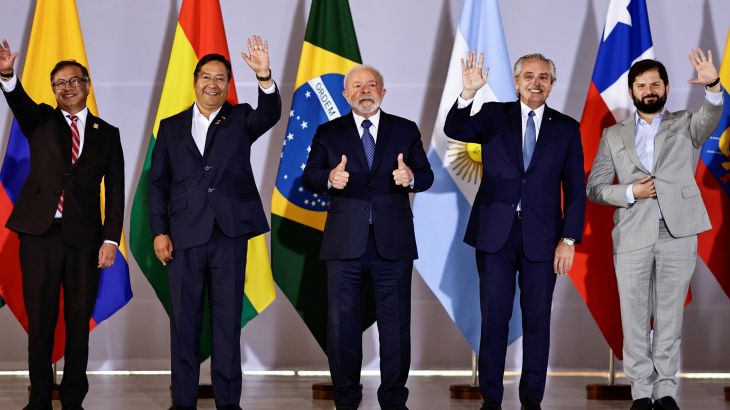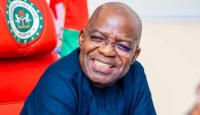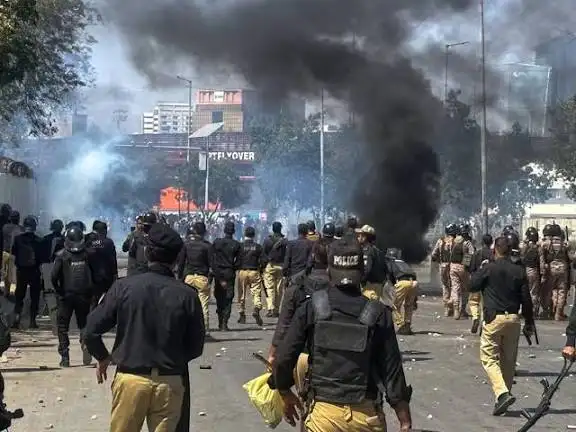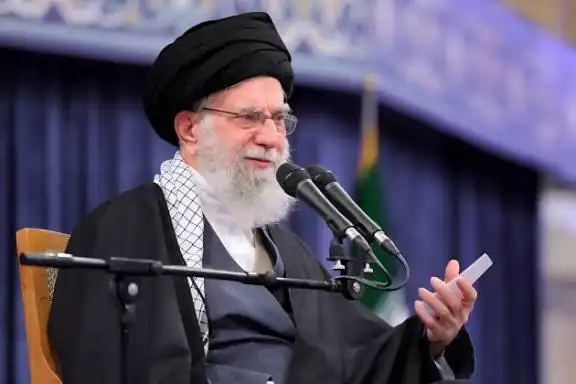In recent years, South America has witnessed a significant political transformation as progressive movements have reshaped the political landscapes across various nations. This shift reflects a growing desire among citizens for social equity, economic justice, and environmental sustainability.
In Uruguay, the Broad Front coalition, a leftist opposition group, achieved a notable victory in the presidential runoff held in November 2024. Yamandú Orsi, a former history teacher and two-time mayor, secured the presidency with just over 49% of the vote, defeating center-right candidate Álvaro Delgado. Orsi’s campaign focused on addressing childhood poverty, organized crime, and economic revitalization, signaling a return to the Broad Front’s blend of market-friendly policies and welfare programs that characterized Uruguay’s past 15 years before 2019.
In Argentina, President Javier Milei’s radical libertarian party, La Libertad Avanza (LLA), made significant strides in local elections, capturing over 30% of the vote in Buenos Aires. This marked a decisive defeat for the center-right Republican Proposal (PRO) party, which had ruled the capital for 18 years. Milei’s rise reflects a broader global trend of far-right ascendancy, positioning LLA as a leading alternative to left-leaning Kirchnerism and strengthening Milei’s push for sweeping economic and institutional reforms.
In Bolivia, the political landscape is poised for change with the upcoming general elections scheduled for August 2025. The ruling Movimiento al Socialismo (MAS) party is facing internal divisions, particularly between incumbent President Luis Arce and former President Evo Morales. The Unity Bloc, comprising right-leaning political parties, has emerged as a formidable opposition, with candidates like Samuel Doria Medina and Jorge Quiroga vying for leadership. The election is expected to be highly competitive, with the potential to reshape Bolivia’s political trajectory.
In Chile, the Unity for Chile (Unidad para Chile) center-left pact has been actively preparing for the 2025 general elections. The coalition has registered several candidates, including Jeannette Jara from the Communist Party, Jaime Mulet from the Social Green Regionalist Federation, and Carolina Tohá from the Party for Democracy. This diverse lineup reflects a concerted effort to present a unified progressive front in the upcoming elections.
These developments underscore a dynamic political environment in South America, where progressive movements are actively engaging in the electoral process to address pressing social and economic challenges. The outcomes of these elections are likely to have profound implications for the region’s future, influencing policies on poverty reduction, economic development, and social justice.












Do you think these progressive movements will bring real change or just more of the same? Exciting times ahead!
Im not convinced that progressive movements always lead to positive change. Sometimes they can bring chaos and instability. What do you think?
Interesting read, but do you think these progressive movements will bring lasting change or just be a passing trend?
Do you think these progressive movements will truly bring about positive change, or is it just a temporary shift in power? #PoliticalMusings
Interesting how progressive movements are gaining momentum in South America. Will this lead to long-term positive change or more political polarization? 🤔
Do you think these progressive movements will bring real change or just maintain the status quo? Curious to hear different perspectives!
Who else thinks these South American elections are a game-changer? Exciting times ahead for politics in the region! 🌎🗳️